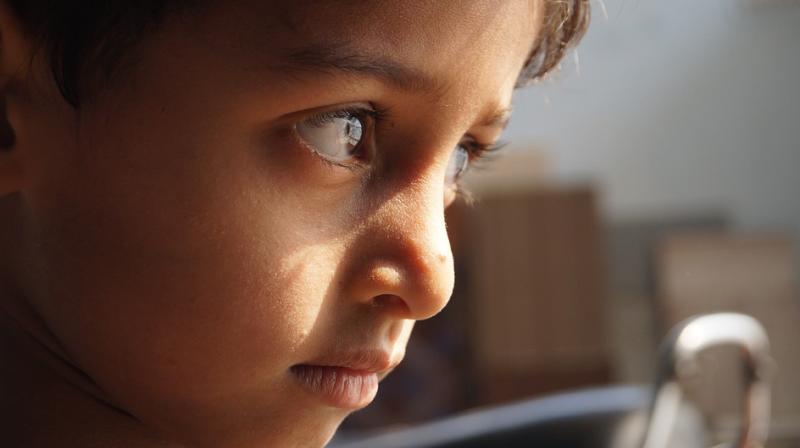Children of depressed mothers at risk for unintentional injuries
Maternal well-being is key to giving children a good start in life, affecting their emotional and physical health.

Children under age 5 are more likely to accidentally get injured if their mothers are having a depression or anxiety episode, according to a study in the UK.
The rates of child poisonings, small fractures and minor burns increased during these episodes – with poisonings more than doubled when mothers suffered both depression and anxiety - but there was no link to more severe injuries such as third-degree burns or femur fractures, researchers found.
“Maternal depression and anxiety are common. Maternal well-being is key to giving children a good start in life, affecting their emotional and physical health,” said lead author Ruth Baker of the University of Nottingham.
“Injuries are still one of the leading preventable causes of death in preschool children, yet few studies have examined whether maternal mental illnesses affect that risk,” she told Reuters Health by email. “Most studies focus on depression alone.”
Baker and colleagues analyzed hospitalization data for more than 200,000 children born between 1998 and 2013 and followed them from birth through their fifth birthdays. They also identified episodes of depression and anxiety in each mother’s primary care record, as well as prescriptions for antidepressants and anxiety medications. The research team focused on poisonings, fractures and burns as the three most common preventable injuries in young children.
They found that a fourth of mothers experienced one or more depression or anxiety episodes, and unintentional injuries were higher during these periods.
More than 2,600 poisonings, 6,000 fractures and 4,200 burns were reported. Children had a 52 percent higher poisoning rate, for example, during depression episodes, a 63 percent higher poisoning rate during anxiety episodes, and a 230 percent higher poisoning rate during depression with anxiety episodes.
Similar to poisonings, fractures and burns were highest during combined depression and anxiety episodes. “Due to depression or mental illness, these households often aren’t kept hazard-free and don’t safely store poisonous or sharp objects. Young children may also be able to access dangerous areas of the home such as stairways and windows,” said Kieran Phelan of Cincinnati Children’s Hospital in Ohio, who wasn’t involved in the study.
In the U.S., unintentional injuries may be particularly common in low-income households that don’t have access to healthcare, unlike the families who have universal healthcare access in Britain, he added.
“That’s likely to get worse in the U.S. over the next few years, given current talks of changing the healthcare system,” Phelan told Reuters Health. “It’ll make it more difficult for low-income and working moms to get insurance.”
One limitation of the study is that the researchers relied on hospitalization data and mental illness diagnoses. Many injuries likely go unreported, and many mothers likely have depression or anxiety but aren’t diagnosed by doctors, the study authors write in the journal Injury Prevention. The British database used for the study also didn’t link the health data for children to fathers or other caregivers.
“New studies are looking at the associations between paternal mental health and childhood injury, and we’re seeing that higher paternal involvement reduces injuries,” said Takeo Fujiwara of Tokyo Medical and Dental University in Japan, who wasn’t involved with the study.
“To prevent childhood injuries, we need to take care of mothers and other caregivers in terms of mental health,” Fujiwara told Reuters Health. “Few studies focus on how to really help our caregivers.”

